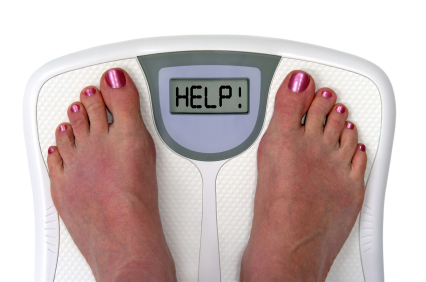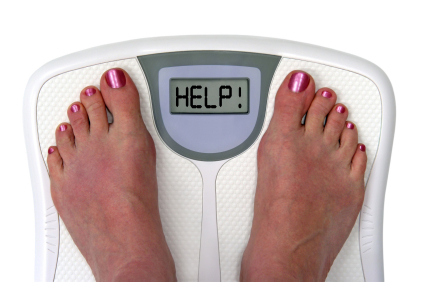 The AP reports on a new state-level study of obesity rates. And the news is, well, terrifying:
The AP reports on a new state-level study of obesity rates. And the news is, well, terrifying:
Obesity rates among adults rose in 23 states over the past year and didn’t decline anywhere, says a new report from the Trust for America’s Health and the Robert Wood Johnson Foundation
…[W]hile the nation has long been bracing for a surge in Medicare as the boomers start turning 65, the new report makes clear that fat, not just age, will fuel much of those bills. In every state, the rate of obesity is higher among 55- to 64-year-olds – the oldest boomers – than among today’s 65-and-beyond.
That translates into a coming jump of obese Medicare patients that ranges from 5.2 percent in New York to a high of 16.3 percent in Alabama, the report concluded. In Alabama, nearly 39 percent of the oldest boomers are obese.
But wait, say the contrarians! This isn’t a crisis. The obese die sooner — they cost less to treat over their lifetimes so no need to worry. Right? Wrong.
Health economists once made the harsh financial calculation that the obese would save money by dying sooner, notes Jeff Levi, executive director of the Trust, a nonprofit public health group. But more recent research instead suggests they live nearly as long but are much sicker for longer, requiring such costly interventions as knee replacements and diabetes care and dialysis. Studies show Medicare spends anywhere from $1,400 to $6,000 more annually on health care for an obese senior than for the non-obese.
And when you start multiplying those thousands of extra dollars by the millions of obese baby boomers out there, pretty soon you’re talking about real money.
But it’s all about personal responsibility in the end, isn’t it? As corporate front groups like the Center for Consumer Freedom and lobbying outfits like the American Beverage Association incessantly remind us, if people just made the right decisions there wouldn’t be a problem. So, kids, it’s high time you started taking responsibility for yourselves — especially you all in Mississippi, Alabama and Georgia where childhood obesity rates are 44%, 37.5% and 37.3% respectively. There. I did it. Problem solved.
The study also reiterates the fact that the obesity epidemic is correlated fairly highly with income — states with lower per capita incomes have the highest obesity rates. And vice versa — Connecticut and Massachusetts have some of the lowest obesity rates in the country (although even in those states obesity has at least doubled since 1985). And when you think about it, it makes sense. Healthy food is expensive while junk food is cheap and, as I wrote about regarding food swamps, ubiquitous.
But the headline here is the fact that reforming health care can’t happen without reforming the food system. Indeed, it’s been observed that our health system may soon collapse in the face of the obesity epidemic — no system can handle diabetes rates of 25% or more. As a result, the only health care “cost control” that matters for obesity is attacking the root cause. And reforming the food system means, among many other things, beating back the tsunami of high-calorie, low nutrient food products. At a minimum, we really need to stop pretending that we can surf the tsunami. Because sooner or later — directly or indirectly — it’ll drown us all.



